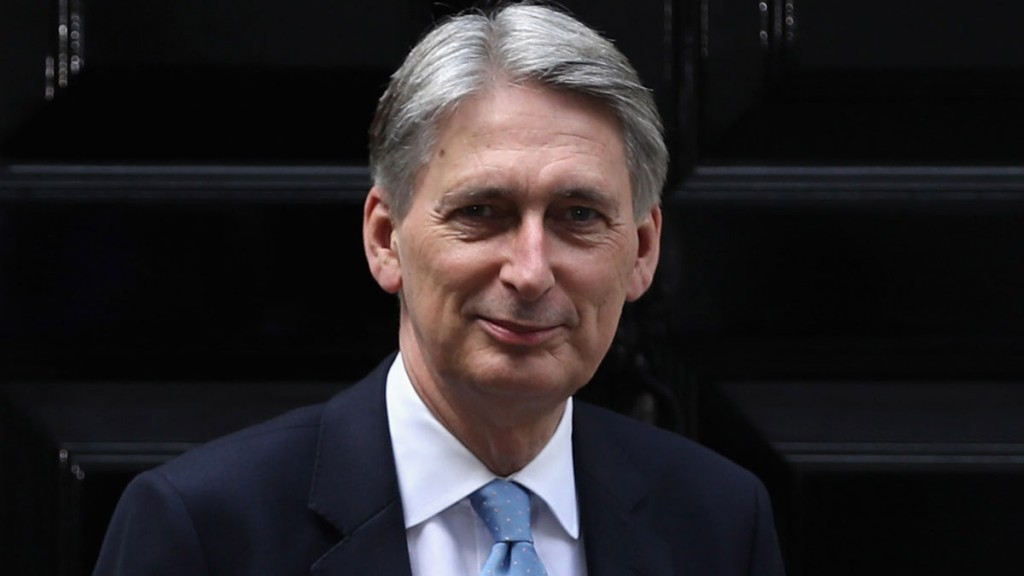
The list of taxes that need reform is a very long one. But there is one tax that has been at the top of the list for well over a decade now: stamp duty.
The government will tell you that it has reformed it: a few years ago it dumped the slab system and changed all the rates. Now when you move up a band you only get charged the higher rate on the value of the house over the threshold as opposed to on the whole lot. This represented progress at the time. But with each forward step we got a backward step. Rates were increased massively at the same time, so that anyone buying a house costing more than £937,000 paid more. And they have gone up since.
The results are starting to be seen. An article in the FT this week points to the way in which the owners of London houses have taken to “saving on higher stamp duty and house purchase costs by waiting to buy an adjoining property and knocking through.” You might think that sounds like a lot of effort. But look at the savings and you will see the point. Own a £4m flat, buy one next door for £4m and make them into one and your stamp duty bill will be £513, 750 (which seems nuts in itself). Sell the first and buy a bigger £8m house and you are on the hook for £873,750.
The Daily Telegraph picks up the story too. High duty rates are “restricting the transactions, preventing older owners from downsizing, adding to house price inflation and distorting the planning process” says Olivia Rudgard in the paper.
At the same time the complexity of the rules around the new 3% additional rate for second-home owners is “causing chaos for buyers sellers and their lawyers”. What, for example, to make of the case of Phyllis and Alan Black, who can’t sell their house because it comes with a large annexe? The annexe counts as a separate house and so attracts an extra three percentage points of tax.
There are a lot of really dreadful taxes in the UK (see my column on the matter here) but add all this up and stamp duty is close to the worst. It acts as a punitive wealth tax. It stifles labour mobility. It prevents people from trading up and down. And now it has been so fiddled around with it’s hard to comply with too.
Our hope (a forlorn one, I know) is that Philip Hammond will have a go at addressing all this in his Autumn Statement. Our dream is that he will replace it with an inflation-linked capital gains tax on primary homes. That would get rid of all the mobility problems (you pay tax on gains rather than on existing wealth) and possibly make a start on bringing down house prices too: if you have to pay capital gains tax on your house in the same way as you do on other assets, you will have less incentive to throw all your cash at your house.